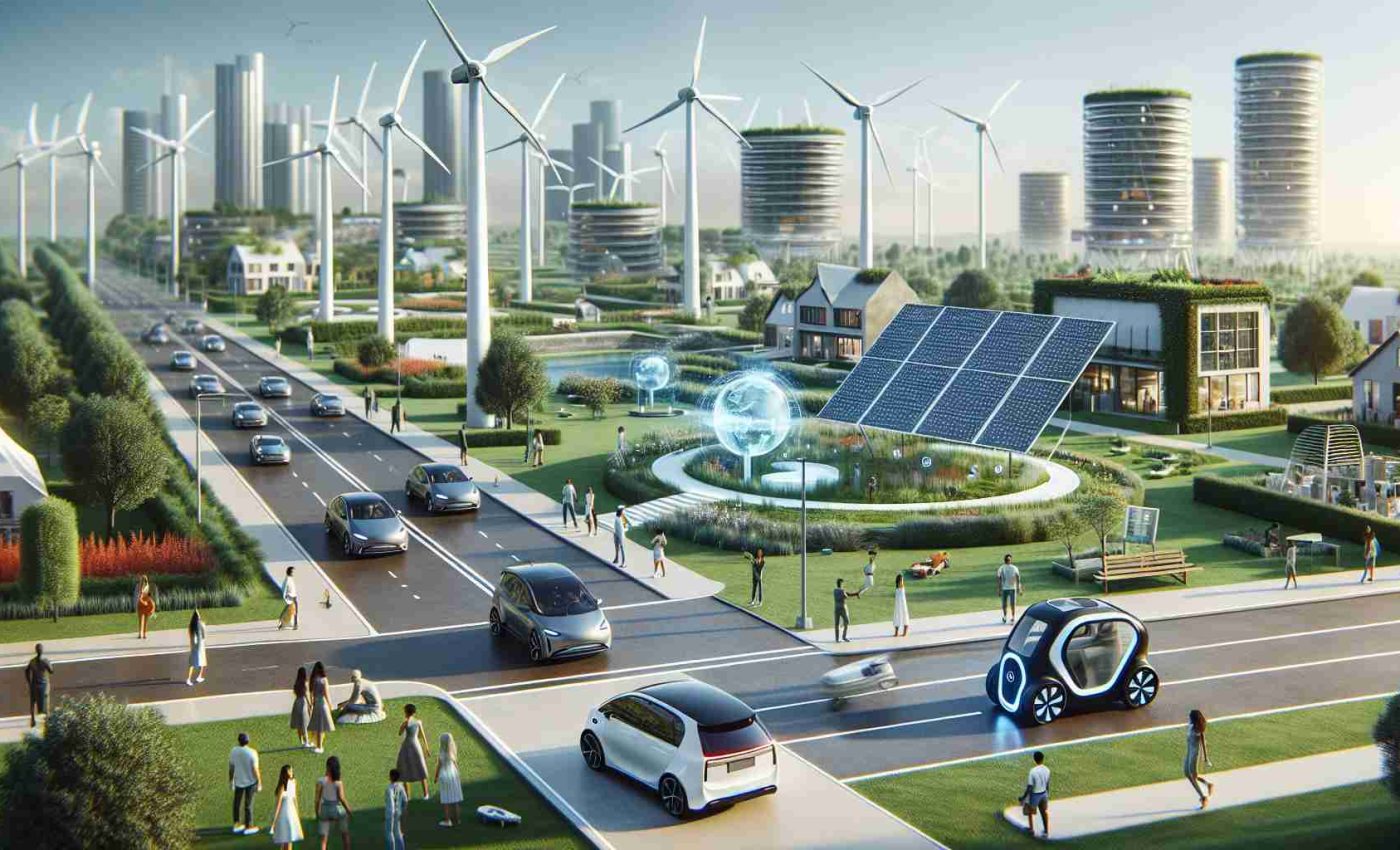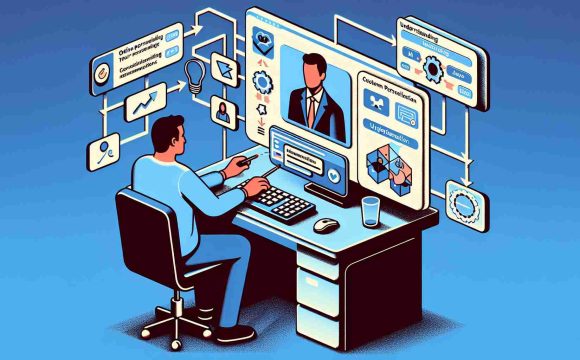Innovative Solutions Shaping Modern Society
As we navigate the ever-changing landscape of technology, it is evident that sustainable practices are becoming increasingly integral to modern life. The convergence of environmental consciousness and technological advancements has paved the way for innovative solutions that are reshaping society.
Redefining Consumer Choices
Gone are the days when consumers were willing to overlook the environmental impact of their purchases. Today, individuals are actively seeking out products and services that align with their values of sustainability. This shift in consumer behavior is driving companies to prioritize eco-friendly practices and develop products that minimize their carbon footprint.
Collaborative Efforts for a Greener Tomorrow
The push for sustainability extends beyond individual choices, with governments, businesses, and academic institutions coming together to drive meaningful change. Collaborative efforts are being made to develop and implement technologies that promote energy efficiency, reduce waste, and combat climate change. These collective initiatives are paving the way for a greener and more sustainable future.
Embracing a New Era of Innovation
As we look towards the future, it is clear that sustainability will continue to play a crucial role in innovation. By embracing eco-conscious practices and investing in sustainable technologies, we can build a more resilient and environmentally-friendly society for generations to come.
Exploring the Future of Sustainable Technology Adoption
In the realm of sustainable technology adoption, several important questions arise as we strive to pave the way for a more environmentally conscious future. One key question is how to ensure widespread access to sustainable technologies across different regions and socio-economic backgrounds. This raises concerns about equity and inclusivity in the adoption of green technologies. Additionally, understanding the scalability and long-term viability of sustainable solutions remains crucial in driving lasting impact.
Key challenges associated with sustainable technology adoption include the initial high costs of implementing green technologies, which can deter businesses and individuals from making the transition. Finding ways to address these financial hurdles and incentivize the adoption of sustainable practices is essential for driving widespread change. Moreover, ensuring that sustainable technologies are compatible with existing infrastructures and systems poses a significant technical challenge that must be overcome.
Amid the push for sustainable technology adoption, controversies also emerge surrounding issues such as the trade-offs between economic growth and environmental preservation. Balancing the need for technological advancements with the imperative to protect the planet raises complex ethical dilemmas that require thoughtful consideration. Additionally, debates around the effectiveness of certain sustainable technologies and their true environmental impact spark discussions on the most viable paths to a greener future.
Advantages of embracing sustainable technology adoption are manifold, including reduced carbon emissions, improved resource efficiency, and enhanced resilience to climate change. By transitioning to eco-friendly practices and technologies, societies can mitigate environmental harm and pave the way for a more sustainable future. However, disadvantages such as the complexity of transitioning existing systems, potential job displacement in traditional industries, and uncertainties about the long-term effects of certain green technologies also need to be carefully addressed.
For further exploration of sustainable technology adoption and related discussions, you may visit World Bank for insights on sustainable development initiatives on a global scale. This reputable source offers valuable information on environmental sustainability efforts and the role of technology in driving positive change.







